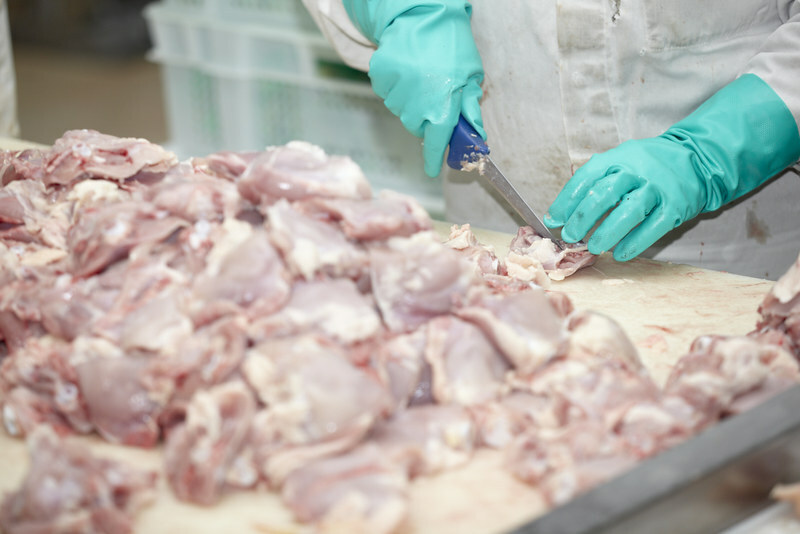



Tyson Foods to spend $1.3 billion on automation
Labour shortages make meeting demand difficultAmid booming demand, a US labour shortage has limited production while demand is booming, reported Reuters.
Meat processors have been unable to find enough workers for the past two years due to the tight labour market and health concerns during the COVID-19 pandemic.
Tyson expects to boost production and reduce labour costs by expanding automation, with cumulative savings of more than $450 million projected by fiscal year 2024, Chief Executive Donnie King said in a webcast announcement for investors on Thursday.
The company will increasingly use machines, instead of people, to debone chicken, one of its most labour-intensive jobs and a position with high turnover, said David Bray, group president of Tyson's poultry division. A capital investment of $500 million in the area through fiscal year 2024 will generate labour savings equal to more than 2,000 jobs, he said.
Profitability in Tyson's chicken unit has declined partly due to the labour shortage and because processing plants are operating below full capacity, Bray said.
"We are not servicing our customers to the degree that they expect us to," Bray said.
Tyson slaughtered about 37 million chickens a week on average in fiscal year 2021, accounting for 80% capacity utilization, and will increase processing to 40 million birds weekly in fiscal year 2022, or 85% capacity, Bray said.
The company aims to slaughter 47 million birds a week over time, reaching about 98% capacity utilization, to meet strong demand, he said.
"Demand is outpacing supply," he said.
Tyson shifted production during the pandemic to adapt to soaring demand at grocery stores and reduced sales at restaurants.
About 59,000 US meatpacking workers were infected with COVID-19 through January at plants run by Tyson and competitors, according to a US House of Representatives subcommittee report.











